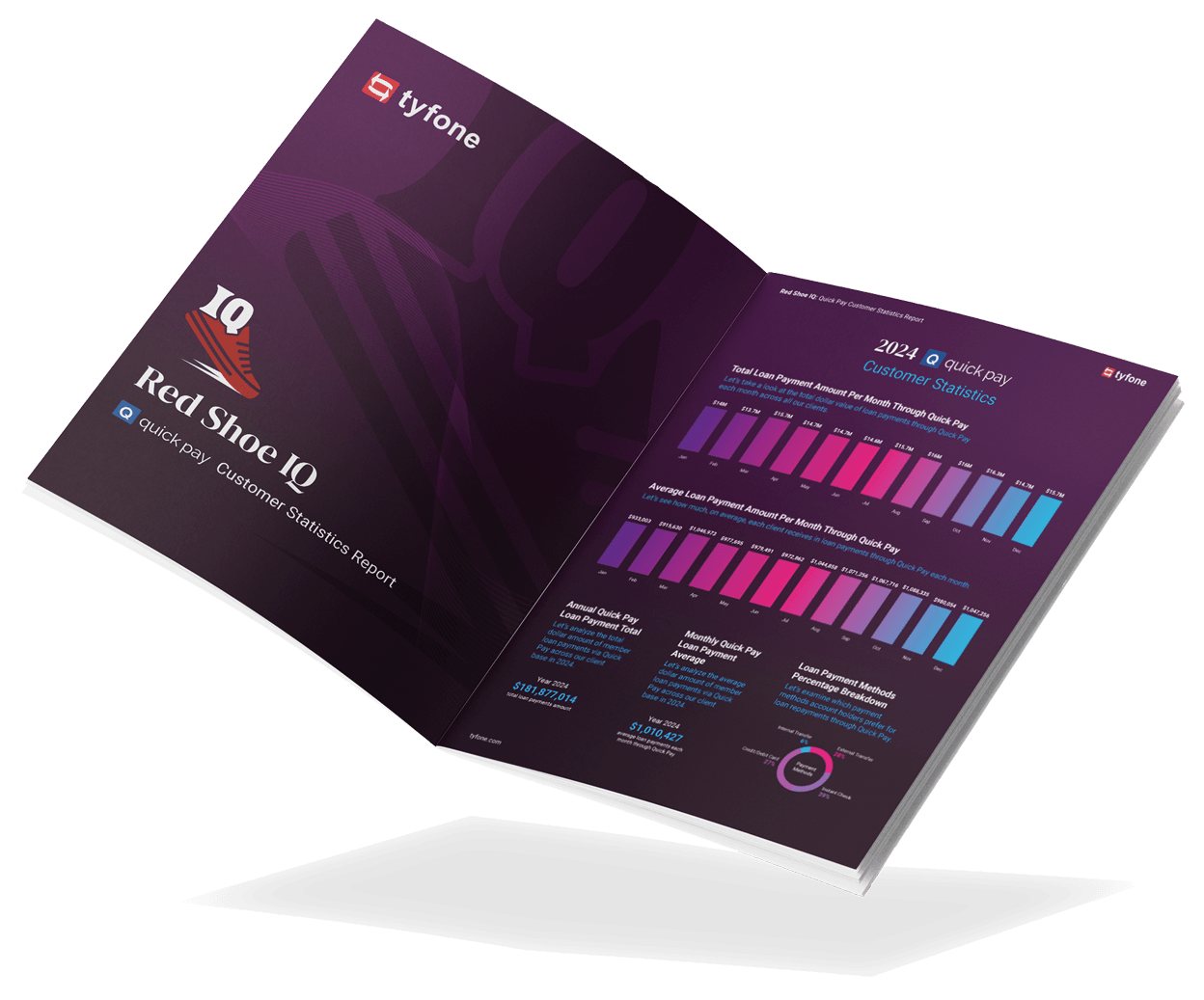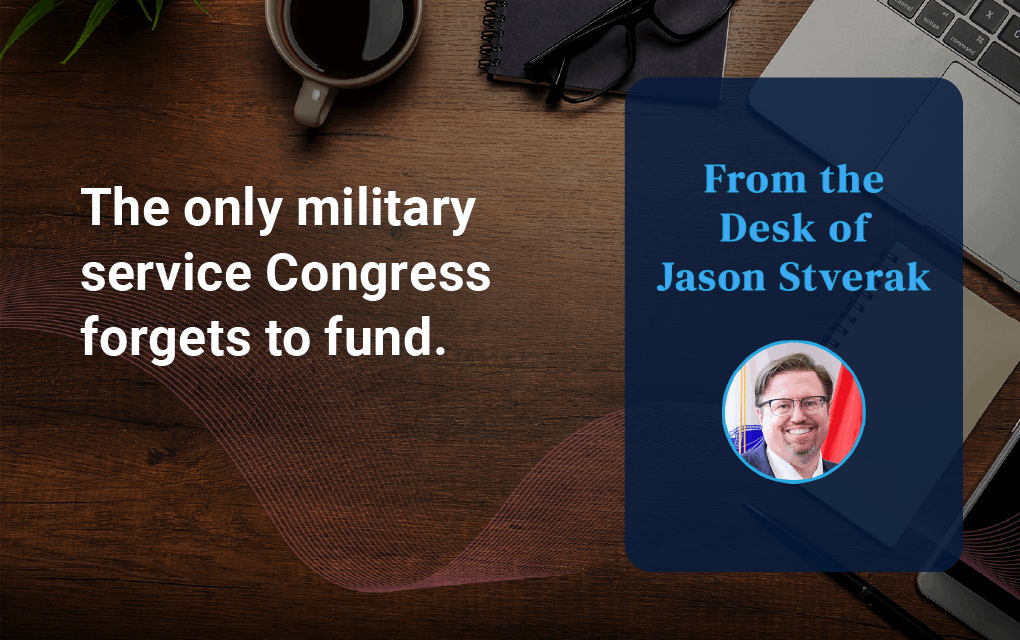DCUC to Congress: Pass the CLF Enhancement Act
When a financial crisis hits, Wall Street isn’t the one keeping the lights on in small towns, on military bases, or in underserved neighborhoods – local credit unions are.
These community-based, member-owned institutions serve 142 million Americans, including military families and rural communities often overlooked by big banks. But today, the emergency liquidity safety net that credit unions rely on has a dangerous gaping hole. Congress can fix this immediately, at no cost to taxpayers, by passing the bipartisan NCUA Central Liquidity Facility Enhancements Act (S. 2545), introduced by Senators Alex Padilla (D-CA) and Kevin Cramer (R-ND). This is a rare chance for lawmakers to come together across party lines to protect working families’ financial security, and it must not be squandered.
The Central Liquidity Facility (CLF) may not be a household name, but it is a critical federal backstop for credit unions facing unexpected cash crunches. Think of it as the credit union system’s emergency fund – a way to meet surges in withdrawals or loan demand so that even the smallest credit union can honor its commitments. Historically, however, the CLF’s reach was limited. Before 2020, only 283 credit unions were direct members of the CLF, meaning the vast majority of the nation’s roughly 5,000 credit unions lacked a lifeline if trouble hit.
Then came the COVID-19 pandemic. In that crisis, Congress temporarily widened the CLF’s access and capacity, essentially throwing a life vest to the whole credit union system. The CARES Act allowed large “corporate” credit unions to act as agent members, pooling smaller credit unions into the CLF. The results were dramatic: CLF membership skyrocketed from under 300 to over 4,100 credit unions, an expansion that ensured credit union members could continue to access their funds, get loans, and weather the economic storm. By bringing in thousands of small institutions, including many on military bases and in farming towns, the CLF proved to be a true liquidity lifeline during an unprecedented emergency.
Yet inexplicably, those successful enhancements were allowed to expire as pandemic measures wound down. The CARES Act reforms lapsed at the end of 2021, and with them over 3,300 mostly small credit unions – many in rural or underserved areas – lost access to the federal liquidity safety net. The CLF’s borrowing capacity plunged by nearly $10 billion, a rollback that leaves a large portion of the credit union sector exposed if another crisis strikes. This isn’t a theoretical worry; it’s a clear and present danger. Failing to restore these provisions puts small and defense credit unions – and the millions of members who count on them – at unnecessary risk. Unlike megabanks, which can tap the Federal Reserve’s discount window or other sophisticated liquidity tools, tiny credit unions in rural North Dakota or on a remote military outpost can’t simply borrow unlimited funds on short notice. If one of these community institutions faces a sudden run or natural disaster without a CLF backstop, the local residents and military families who depend on it could be left stranded. We saw in 2023 how quickly panic can spark runs on financial institutions; ensuring credit unions have a reliable liquidity pool is essential to preventing the next crisis from snowballing, and to maintaining public confidence in community finance.
Story continued below…
The NCUA CLF Enhancements Act (S. 2545) is the common-sense solution. The bill would restore and make permanent the key safeguards that worked so well during COVID-19. First and foremost, it would reopen the CLF’s doors to every credit union, especially the small ones, by allowing corporate credit unions to again serve as agents and buy into the CLF on behalf of hundreds of smaller institutions.
This means a tiny credit union wouldn’t have to shoulder a big upfront cost to join the facility – their cooperative network can get them in. The legislation also increases the CLF’s lending capacity (so more funds are available in an emergency) and gives the NCUA flexibility to approve loans quickly in a crisis. In short, S. 2545 would rebuild the safety net exactly where it’s frayed, ensuring all credit unions – not just the largest – can access prompt liquidity support to keep serving their members. Importantly, these measures have been tested and proven effective. “We’ve seen the CLF work exactly as intended during a crisis,” says one defense credit union advocate, underscoring that this is a “must-pass fix” to protect vulnerable credit unions and their communities.
Crucially, this legislation costs nothing to the American taxpayer. The CLF is entirely self-funded by credit unions themselves through modest stock subscriptions, and the Congressional Budget Office has affirmed that making the enhancements permanent has “no scoreable cost” and zero taxpayer burden. In other words, Congress can significantly fortify the financial system’s resilience for free. How often can lawmakers say that? It’s a fiscally responsible win-win: we strengthen emergency preparedness and community stability without spending a dime of public money.
It’s no surprise, then, that support for S. 2545 bridges the political divide. Senators Padilla and Cramer deserve praise for their leadership in recognizing that supporting local credit unions is not a partisan issue but a national imperative. They have been lauded by credit union leaders for “leading the effort” to provide needed flexibility to small credit unions and to “expand access to capital when it is needed most”. The entire credit union community – from the California Credit Union League to the Dakota Credit Union Association – is applauding this effort and urging Congress to act. There is broad agreement here; what’s lacking is final congressional action.
Congress now has a timely opportunity to demonstrate real commitment to financial resiliency and fairness. Passing S. 2545 would reinforce our credit union system before the next crisis strikes, protecting not only the institutions but also the 142 million Americans who entrust their savings to credit unions. It would safeguard communities’ access to credit – from military bases to inner cities to farming towns – so that a temporary economic shock doesn’t turn into permanent damage. It would also uphold the principle that credit union members deserve the same protection and peace of mind as customers of any big bank.
Why should a family that banks at a credit union be left more vulnerable in a downturn than one at a Wall Street institution? By ensuring an emergency liquidity backstop for all credit unions, Congress will be affirming that every American’s financial well-being merits protection.
The Senate should move swiftly to pass the Padilla-Cramer CLF Enhancement Act, and the House should follow suit if needed, so this critical safety net is restored without delay. In an era of sharp divisions, this is an issue that unites conservatives and progressives – a zero-cost, common-sense step to strengthen credit unions’ resilience and safeguard financial stability. Lawmakers often talk about helping “Main Street” and our troops; here is a tangible chance to do exactly that by fortifying the institutions that serve military families, rural communities, and underserved areas. Ensuring continued access to affordable finance “especially in times of crisis” is not a Democratic or Republican goal, but a fundamental American one.
Congress must act now – before the next emergency hits – to pass S. 2545 and permanently mend the credit union liquidity safety net. Senators Padilla and Cramer have shown the way with principled, bipartisan leadership. Their colleagues should join them in seizing this moment to protect our community financial institutions and the millions of everyday people who depend on them. In doing so, Congress will not only prevent a future disaster but also send a powerful message: that it stands ready to protect the financial security of all Americans, wherever they live and whatever size their bank account may be.
The clock is ticking; it’s time to reinforce the lifeline for our credit unions and the communities they serve. Pass the CLF Enhancement Act now, and keep these vital institutions – and the families they support – safe and strong.
The Defense Credit Union Council bills itself as the trusted resource for credit unions on all military and veteran matters.
Disclaimer
The views, opinions, and perspectives expressed in articles and other content published on this website are those of the respective authors and do NOT necessarily reflect the views or official policies of Tyfone and affiliates. While we strive to provide a platform for open dialogue and a range of perspectives, we do NOT endorse or subscribe to any specific viewpoints presented by individual contributors. Readers are encouraged to consider these viewpoints as personal opinions and conduct their own research when forming conclusions. We welcome a rich exchange of ideas and invite op-ed contributions that foster thoughtful discussion.






